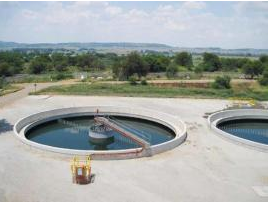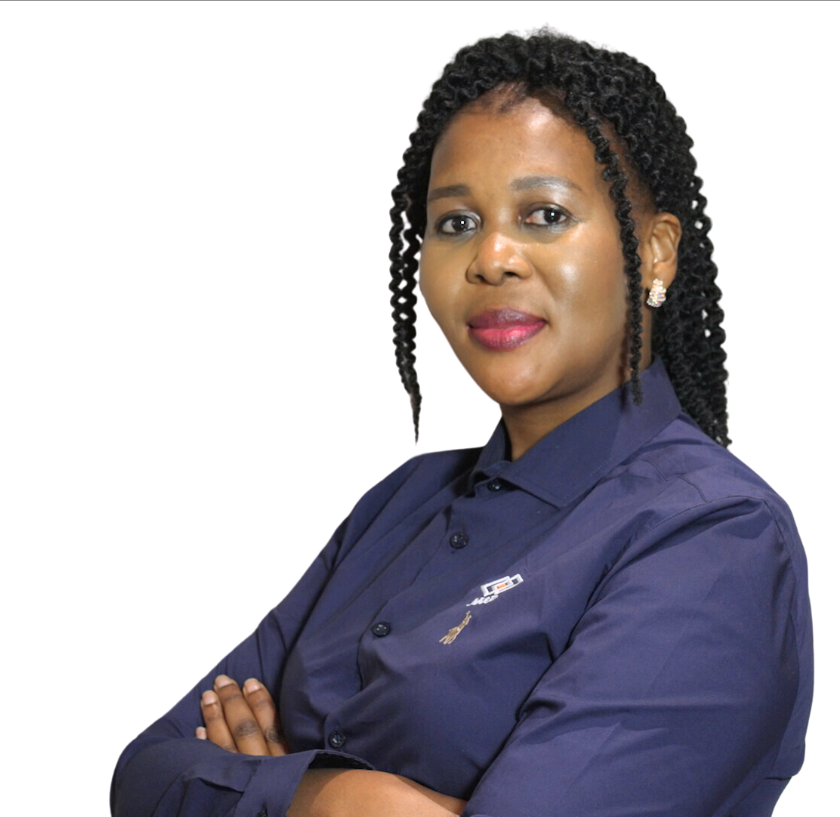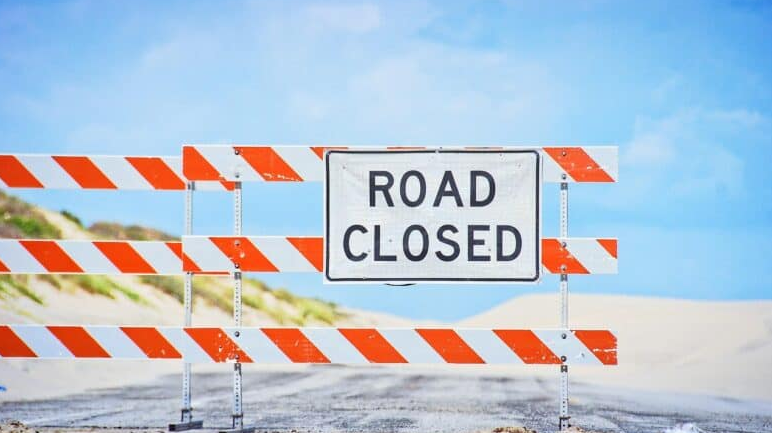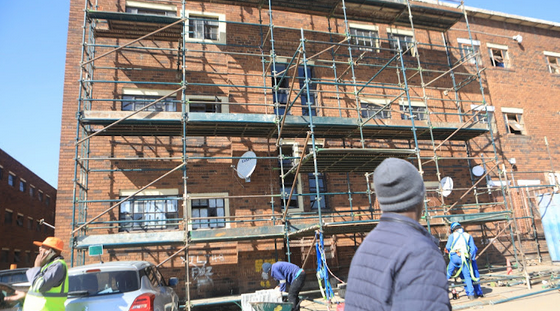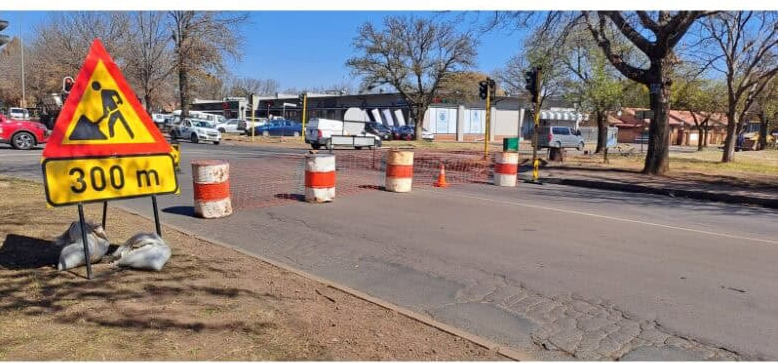Unaccredited private AET schools thwart adult basic education
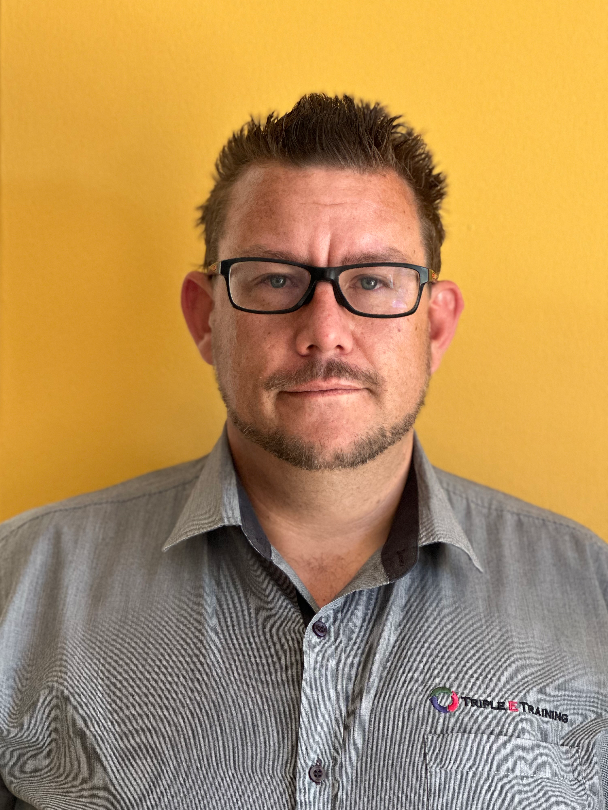
Advertising
08-08-2025
Read : 16 times
The Content Engine
Source
Companies are still waking up to the fact that their private adult literacy and numeracy training providers are not accredited by Umalusi after investing heavily in their services.
Many only realise that they were misled when employees or community members are unable to write adult education and training (AET) level 4 examinations, despite the time and money spent on training. While this is a huge waste of company time and resources, learners also suffer. They diligently attended classes and prepared for the evaluation just to be told that they will not be able to write their exams because their training provider was not legally allowed to facilitate AET. It is never easy to engage adults in literacy and numeracy training considering their past poor experiences with education. Situations such as these reinforce negative mindsets about AET in workplaces and communities, despite the dire need for this training in a country where just under 4-million adults are functionally illiterate. This is over-and-above the many South Africans who drop out of school with poor foundational skills and will require intervention.
In some instances, private adult literacy and numeracy training providers do not inform their clients that their accreditation has expired or that they have not been successful in renewing it. They know that companies seldom verify whether their AET providers are accredited at Umalusi. This is despite the important role that Umalusi fulfils as the Council for Quality Assurance in General Education and Training, a mandate that is enforced by the General and Further Education and Training Quality Assurance Act. It even keeps a comprehensive database of all registered private South African AET providers and their accreditation status on its website. Worryingly, many companies on the database have not renewed their accreditation but are still selling adult literacy and numeracy training services.
Some of these smaller schools just cater to individuals who pay for AET themselves. These adults are even less likely than companies to check the accreditation status of their school, especially those with very poor literacy skills.
Marco Maree, a Training and Development Expert of Triple E Training, a leading provider of Umalusi-accredited AET to industry for workplace and community training, says that accreditation signals to companies and learners that their AET provider has the capacity to offer training that leads to a qualification on the General Education and Training Qualifications Sub-Framework.
“Obtaining Umalusi accreditation is an onerous process, hence the reason that so many schools have not been able to renew their accreditation. Maintaining a system that ensures quality training requires a large and continuous investment in infrastructure and resources. While schools may be able to attain accreditation when they start operating, sustaining it seems to be a challenge, especially for smaller operators. Schools need to renew their accreditation every seven years, during which time the council may also undertake spot checks to ensure that the important criteria it uses to award accreditation are still being met. It is very quick to act when it has received complaints that warrant investigation,” Maree says.
Therefore, not all schools deliberately mislead their clients. Some are already facilitating adult literacy and numeracy training when they learn that their accreditation has not been renewed. He agrees that this is a problem with the current system that also needs to be addressed as it can leave companies and learners in a serious predicament, especially if the training that was facilitated was of a very poor standard. This may mean that learners will be expected to start from the beginning.
To attain accreditation and maintain it, for example, schools must have a robust learner management system. This administers learners’ portfolio of evidence (POE) and site-based assessment (SBA), while also tracking their performance monthly, including class attendance and the competency levels gained.
The way in which learners’ POEs and SBAs are evaluated is also an important accreditation criterion, which again requires robust systems which have to administered correctly.
Maree says that many companies still confuse Umalusi accreditation with mandatory registration with government. “To be granted a license to operate, schools must register with relevant Provincial Education Departments according to the requirements of the South African Schools Act. Only then can they apply to Umalusi for accreditation which attests to the quality of training offered. Just because a school is registered, does not mean that it is allowed to operate,” he explains.
Triple E Training has been engaged on a number of occasions to salvage AET programmes after companies have learnt that their training providers at the time were not accredited. One such incident entailed rescuing an adult literacy and numeracy programme involving more than 200 learners. They were all unemployed individuals from a poor community who were recruited by the Expanded Public Works Programme (EPWP), geared at providing vulnerable South Africans with job and training opportunities. This also demonstrates that government bodies are not checking the accreditation status of the AET providers that they appoint.
Maree says, “Considering high levels of unemployment and illiteracy, with many of these individuals having had to start the programme at AET level 1 and 2, in this particular community, starting from scratch was simply not an option. Using the recognition of prior learning process, we were able to gather evidence of learners’ competency levels and assess these against specific learning outcomes. In instances where there were skills gaps, we addressed them as a matter of urgency,” he says. In 2024, alone, 1 000 young adults from this community progressed through Triple E Training’s adult literacy and numeracy training programme as part of the larger EPWP. It entailed facilitating full time training for large groups of learners simultaneously.
As Maree notes, the consistently low number of private schools that meet the requirements for Umalusi accreditation also undermines efforts to equip the millions of functionally illiterate South African adults, many of whom are of working age, with foundational skills. Between 2021/22 and 2024, just more than 50% of private AET schools did not meet the accreditation requirements or received a window period in which to improve their performance. This means that they offered an AET level 4 qualification but did not facilitate it at the required standard. Meanwhile, there was a moderate improvement in the number of schools that were granted accreditation in 2024/2025 to 49% from 44% in 2021.
“The private sector is a major provider of AET services to both companies for employee and community requirements, propping up stretched government adult literacy and numeracy programmes. While we have great policies, laws and systems for AET, enforcing them is proving to be an immense challenge for an already-stretched Umalusi. This is a problem that needs to be prioritised to ensure that employees, unemployed community members and individuals who approach private schools themselves for help are given a proper second chance to gain a basic education,” Maree concludes.
For more information contact:
David Poggiolini
Debbie Poggiolini
Recent News
Here are recent news articles from the Building and Construction Industry.
Have you signed up for your free copy yet?
